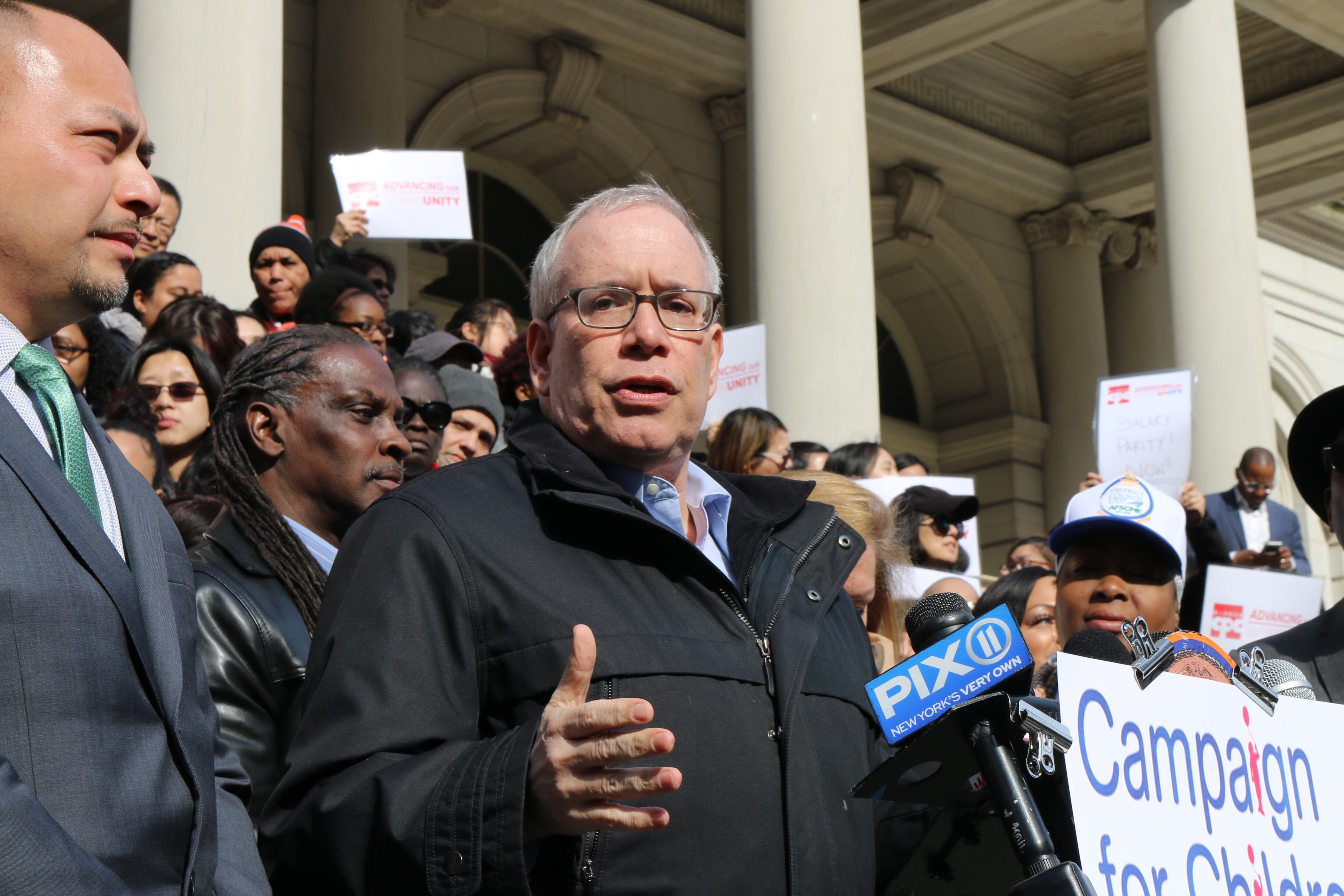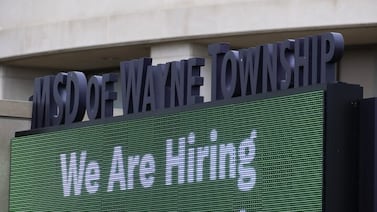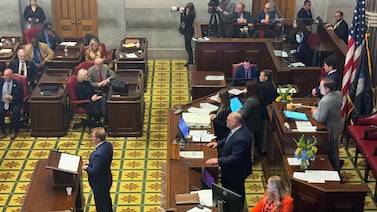For low-income families who cannot afford reliable internet service for remote schooling, the city should offer subsidies, said New York City Comptroller Scott Stringer.
Families would get “internet passports” they could use to purchase broadband service, Stringer wrote Monday in a letter to Mayor Bill de Blasio and Chancellor Richard Carranza.
About 100,000 school age children live in 40,000 households without internet, Stringer wrote, citing an April report by the Citizens’ Committee for Children and his office’s analysis of Census data. It should cost at most $16 million to cover internet costs for low-income families without such service for the rest of the school year, based on estimates of the cost per household using currently advertised internet fees, but the city could use its purchasing power to negotiate “well below” that, according to Stringer.
At the least, Stringer is asking the city to discuss all “quick and affordable options” with providers to extend service for families.
“The failure to address this problem has resulted in students going to extreme ends – huddling on street corners around LinkNYC stations to get free Wi-Fi, struggling to find other weak connections in their general vicinity, or using DOE iPads for ‘hotspots’ which at best provided families with a weak signal of little use for robust 21st century learning,” Stringer wrote.
To address the connectivity problem, the city has purchased 450,000 iPads that connect to the internet through a cellular plan with T-Mobile. They not only don’t need an internet connection, they also serve as hotspots for other devices.
The city spent about $400 million on these devices, with 350,000 delivered to students through the spring and the summer, and another 100,000 recently purchased, based on cost per device estimates from the city. Last month officials said about 77,000 students remained without a proper device. School leaders have cited various reasons for this outstanding need, such as new enrollees, the need to replace broken or lost devices, and a delay in ordering devices in the first place.
But some families with these tablets still battle a variety of technical issues and face long waits with the education department’s help desk.
Bronx parent coordinator Maria Vargas said she was helping about three parents a day in October with untangling persistent technical issues on their city-issued iPads. Some, for instance, struggled to get consistent T-Mobile cellular signal at their home. The handful of problems she reported to the help desk went unanswered.
“A lot of times the internet seems to not work,” Vargas told Chalkbeat last month. “It’s frustrating — you want your child to get onto the class, and all of a sudden you don’t have internet.”
Cellular connection has been particularly spotty at some shelters housing homeless students, who as a result are unable to regularly log on for remote learning, if at all. The city recently committed to providing Wi-Fi at all family shelters, prioritizing the places with the most problems, but most shelters won’t have service until after the school year ends.
Citing reports to his office of long wait times for the education department’s help desk, Stringer is also asking the city to send more technical support to high needs areas. That could mean outreach at free meal distribution sites or having technicians work with community-based organizations in order to reach more people.
City officials are advocating with service providers for “free or reduced service during this pandemic,” said Sarah Casasnovas, a spokesperson for the education department. In the initial stages of the pandemic, service providers, including Altice, the parent company of Optimum, and Charter Communications, the parent company of Spectrum, offered free internet to families with K-12 students, but those deals expired in June. In late October, Altice again began offering free internet for 60 days to families with K-12 students, but those families would still be responsible for paying a $30 installation fee.
Casasnovas also pointed to the city’s internet-enabled iPad purchases as addressing families’ needs.
“We’ve made connectivity a priority since March, and have been in frequent discussions with broadband providers to address the critical need for internet service among our families,” Casasnovas said.
Brooklyn Borough President Eric Adams, who is also running for mayor, has also called on service providers to provide free broadband to students in need. Over the summer, Manhattan Borough President Gale Brewer asked Verizon, Optimum, and Spectrum to extend their free deals through December.
City officials “are working diligently” to address technical needs and pointed to support pages on the education department’s website, including a page for the iPads, Google Classroom, and Microsoft Teams, education officials said. Families can also complete the Family Support Form for help.
Clarification: This story was updated on Nov. 6 to reflect that one company offered a new internet deal starting in October.







